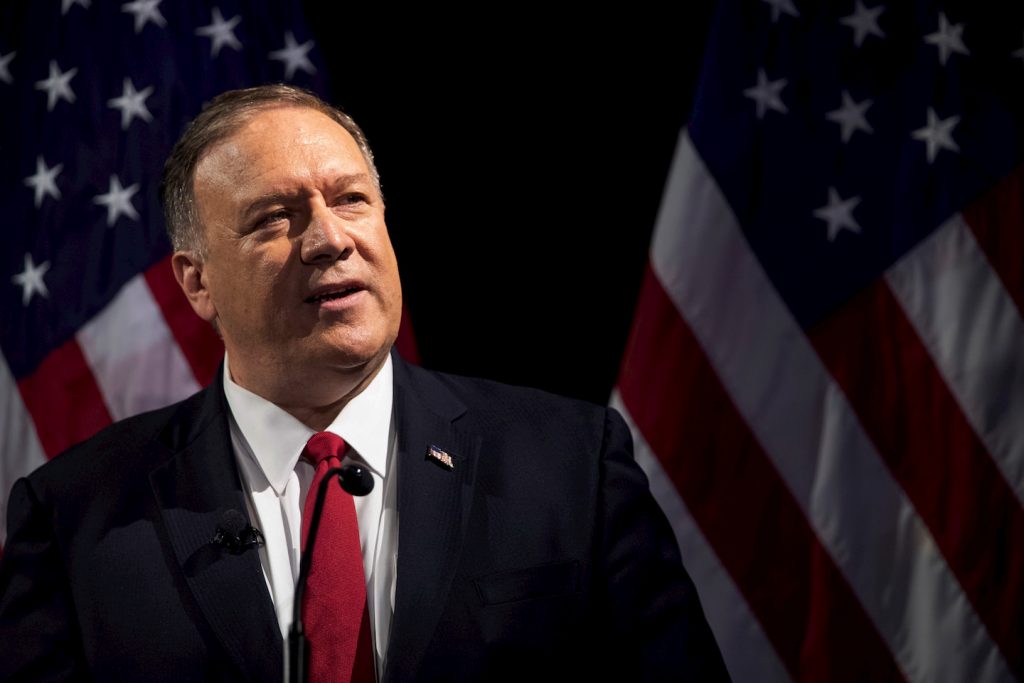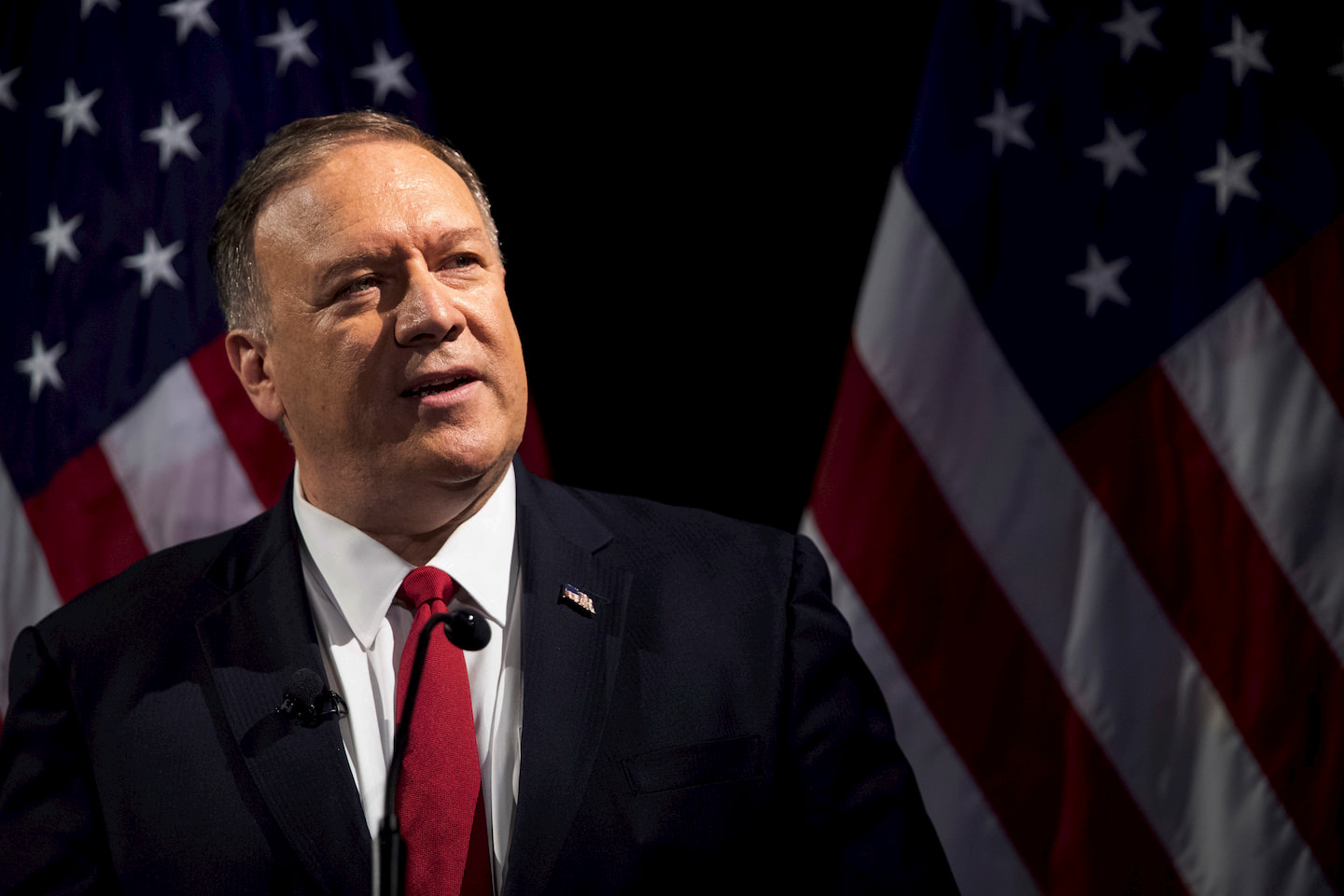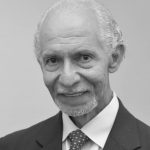The most recent denial of United States visas to two well-placed Jamaican politicians is not an aberration or a decision isolated from geopolitical issues being pursued by the Trump administration. Speculation is rife as to why these two individuals were targeted. At first glance, these visa denials could be interpreted as linked to ties with Cuba and Venezuela, or, while for some imagination may run wild without any proof of any nefarious acts by either, one has to look into what may be a common denominator for both Government and Opposition. This may be found simply in China’s engagement with Jamaica, and other countries in the Caribbean. An important lesson to be learned is that if the US is willing to target a leading member of the Jamaican Government, an ally of the Trump administration on China, no country is immune or will be given any space to act without Washington’s seal of approval.
While we cannot discount past and current Jamaican and Caribbean governments’ relationships with Cuba and Venezuela as reasons for the visa actions, those relations vary from country to country and within each nation. In reality, the current Jamaican Government has acted in lockstep with the Trump administration on Venezuela, while the Opposition continued to support Nicolás Maduro and a diplomatic resolution of the political issues plaguing the country. Thus, the Jamaican Government’s broad support of the Trump administration on Venezuela would have acted as a shield for the government minister and ruled out Venezuela as the reason for the travel sanctions. At the same time, there is very little daylight between either Government or Opposition in their relationships with the Cuban government.
However, there is one issue on which most Caribbean countries and opposition political parties have in common. Despite repeated warnings from the Trump administration, their support for economic and geopolitical engagements with China continues to expand. From the beginning of the Trump administration, starting with former Secretary of State Rex Tillerson, and even more stridently with Secretary Mike Pompeo, Caribbean and Latin American governments have been warned about China’s ‘predatory economic practices’ and geopolitical engagements in the hemisphere. Yet, China’s economic engagement in the Caribbean and Latin America continues unabated. In as much as the visa sanctions imposed on top members of both political parties in Jamaica could be for different, unrelated reasons, support for China’s economic engagement and expansion is a common denominator.
The question, therefore, is, why target these two highly positioned individuals and not the leaders themselves? With few exceptions, the US generally begins pressure on governments by imposing sanctions on individuals it deems close to the leaders and not on the leaders themselves. The rationale behind this strategy is to send a strong message to the leaders and to coerce them to change their behaviours without directly making them appear to be international pariahs. In this case, the leaders of the Government and the political Opposition are being warned that the US is unhappy with their current positions on China’s unfettered investment and other economic engagements in the country.
If I am right about the reason for these visa sanctions, Caribbean leaders and others should not be surprised; that is, if they have been reading my prior articles on the warnings about the US’s strident calls against China’s ‘predatory economic practices’ in the hemisphere. Former Secretary Tillerson issued that warning to the leaders of governments of the five countries he visited in early 2018. He delivered that message personally to Prime Minister Andrew Holness during his visit to Kingston on February 7, 2018, at the end of his brief Latin American and Caribbean tour. As I wrote in my most recent article, ‘The art of betrayal: a warning to Caribbean governments’, President Trump and, by extension, the US State and Treasury departments, are oblivious to what you have done in support of Trump administration’s policies in the past. With the Trump administration, everything is transactional and boils down to your current posture – whether you support, or follow, the administration’s policies and dictates.
As we have seen with the Kurds in northern Syria, there is no loyalty for past actions or allegiance. Governments, especially of small vulnerable countries, are expected to be sycophantic at all times. Such sycophancy is expected of all political leaders even if it means sacrificing the national interests of their countries to satisfy the Trump administration’s geostrategic competition with China.
There is little doubt about US-China policy, important details of which were confirmed in a recent speech by Secretary Pompeo to the conservative Hudson Institute. On the occasion of being honoured with what the Hudson Institute’s board chairperson described as an “award to celebrate far-sighted leaders who have made exceptional contributions to the security, prosperity, and freedom of the United States and its allies,” Pompeo withheld no punches. In one of the most far-reaching speeches by any member of the Trump administration on US strategy towards China, and perhaps the most condemnatory by any member of the Trump administration, so far, Pompeo’s speech on October 30, 2019, to the Hudson Institute left little doubt about US concerns with China’s economic and geopolitical strategy.

According to Pompeo, “China has engaged in unfair predatory economic practices and it’s utilising state assets to build its economic footprint all around the world.” Pompeo promised to lay out in greater detail each of the issues in US-China relations in future speeches he would give. He promised to discuss China’s “impact on the international order”. He went on to say: “Beijing is actively creating its own international space and it participates in international organisations to validate its authoritarian system and spread its reach.” This statement presents a warning to governments on how the Trump administration will view any country’s future alignment with China on issues in the United Nations, in particular in the UN Security Council, as well as in regional organisations and groups, such as the Group of 77 + China.
The importance of Pompeo’s speech to the Hudson Institute may have been lost in the melee of other geopolitical issues facing the US president and the chaos that characterises US foreign policy. However, governments around the world, and particularly those in Latin America and the Caribbean, ignore at their peril what Pompeo said. It behoves them to pay close attention to this and future speeches on China as promised by Pompeo. Another ominous warning is as the secretary pointed out, that he is creating a cadre of policymakers in the State Department that will carry out US policies for years to come, even after he has moved on to other things. This is a legacy Pompeo hopes will shape future US-China relations, and with the rest of the world.
Ambassador Curtis Ward is a former ambassador of Jamaica to the United Nations with responsibility for Security Council affairs. He is the publisher of The Ward Post.







